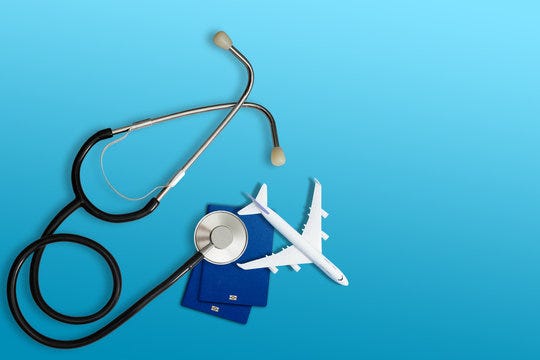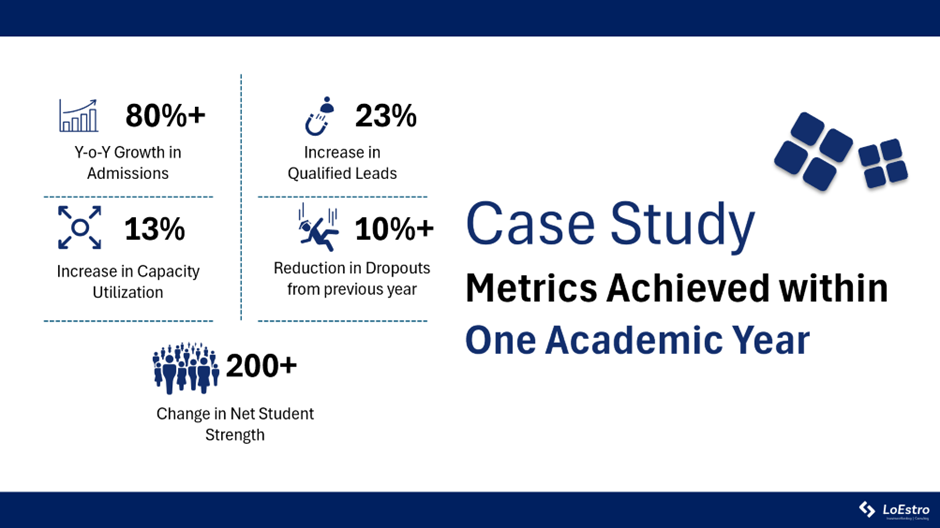
How Indian Hospital Operators can Capture a Share of the Medical Value Travel Pie
Medical Value Travel is a Large Market Globally
Medical Tourism has been pegged to be a ~$80Bn industry globally with 14 million people estimated to travel annuallyTop global destinations being Thailand, Mexico, USA, Singapore and IndiaIndia has been ranked 10th by the Global Medical Tourism Index (MTI)People travel to India not just for treatment of complex ailments but also for secondary care thereby offering unique positioning and advantage
The Medical Value Travel market in India is set to double over the next 6 years
Medical Value Travel industry in India is pegged to be in the range of ~$6–8 BnGrowth rate of the industry is expected to stabilize at 10–12% owing to improving medical infrastructure in core source countriesBangladesh and Afghanistan contribute to almost ~60% of the total influx of medical tourists to the country
Some of the Key Demand drivers are –
Affordability of Healthcare ServicesMinimal Waiting TimeAccess to Cutting-edge medical TreatmentsIncreasing Ageing Population in Many Countries
Factors driving people to seek medical services outside of their home countries –
Ultra-Expensive Healthcare ServicesLong Waiting PeriodsAbsence of skilled doctors and healthcare providersLack of trust in local healthcare infrastructure
Within India there are broadly 2 categories of Destinations –
Tier — 1: Hyderabad, Chennai, Delhi, Kolkata, Mumbai, BengaluruTier — 2: Vizag, Coimbatore, Trivandrum, Cochin, Chandigarh, JaipurSelection of destination of travel is driven significantly by referrals from previous patients, connectivity and brand recallThere is a lot of reliance on Facilitators who provide a host of associated services that makes the patient journey easier (hospital discovery, visa facilitation, language translation, etc.)
Tier-2 Cities in India still don’t figure as the top destinations for Medical Tourism
Despite many hospitals having comparable medical infrastructure, highly skilled and trained doctors, Tier -2 cities don’t figure in the list of preferred destinations. Some key factors that have figured in our research are below –
High reliance of hospitals on unorganized facilitatorsNon availability of language translatorsLack of connectivitySupport services such as F&B, Guest relations not geared for services to Medical Travel patients
This market has typically low insurance coverage and most of the transactions are driven through cash payments. Tier-2 hospitals and cities offer significant and unique advantages for medical value travel including;
· Competitive pricing for comparable quality of services
· Opportunities to create a closed ecosystem of healthcare and support services in a closed network at lower costs, leading to better brand and higher entry barriers
· Aggregating with tourism opportunities and post-treatment support
· Offer Agile treatment model with lesser waiting time
· Ability to offer personalized care beyond episodic treatment
Key steps which Hospital Operators can take to standout to medical tourists
Amplify onsite presence in select geographies with local tie-ups, local primary care centres or routine visits to build brand presenceMap treatment modalities to geographies, focus on key areas of strengthDeliver end to end experience rather than episodal recovery; focus beyond surgery to quality of life; most of the patients are willing to stay for longer duration.Maintain a continuous 2 way communication pre and post treatment. Pre-treatment would ensure patient engagement while post-treatment would ensure brand buildingIdentify and Partner with right Healthcare Facilitators to improve visibility in the right markets and generate inbound patient leads; preferably engage with local facilitators in source countriesFocus on technology as an enabler to aid in healthcare delivery, both on pre and post treatment episodeParticipate in International conferences in source countries to improve hospital visibility and generate demandInvest in creating high quality support services including Food & Beverage Services that cater to foreign cuisines. This can become a key factor affecting the experience of medical travelers and can go a long way in increasing inbound leads through patient referralsSetup a small dedicated team that will streamline processes for medical tourists and ensure a high-quality experience to themSeeking a JCI (Joint Commission International) accreditation will signal quality and credibility to potential customers — there are currently only ~45 JCI accredited hospitals in the country

